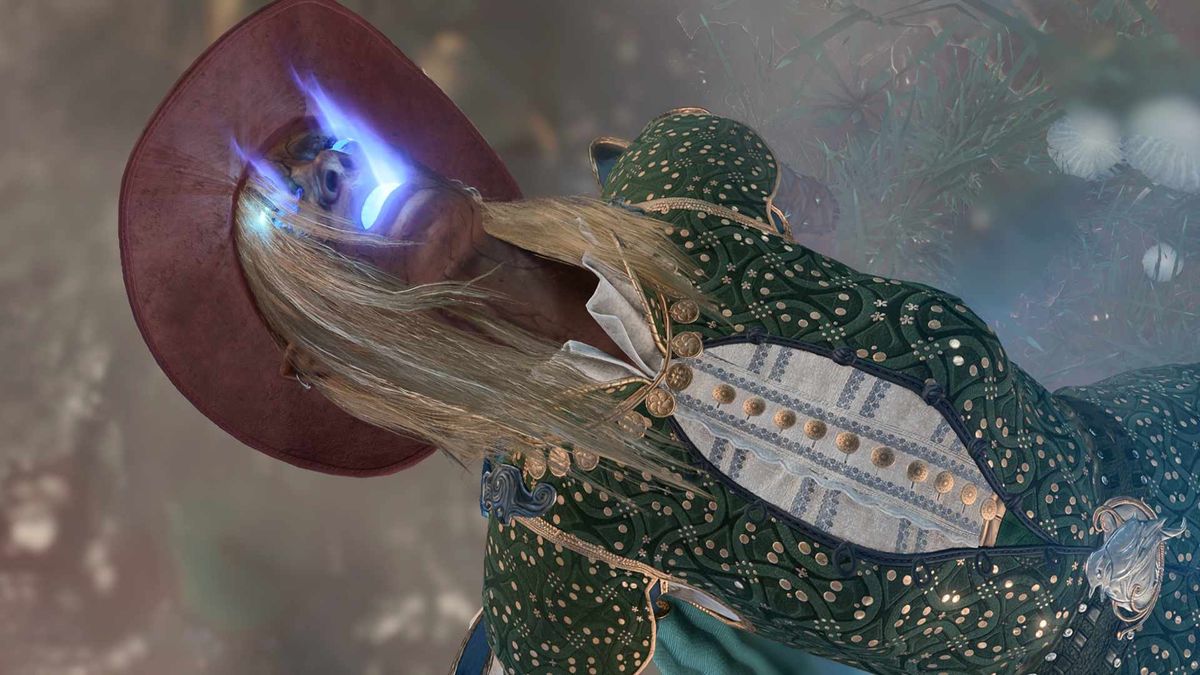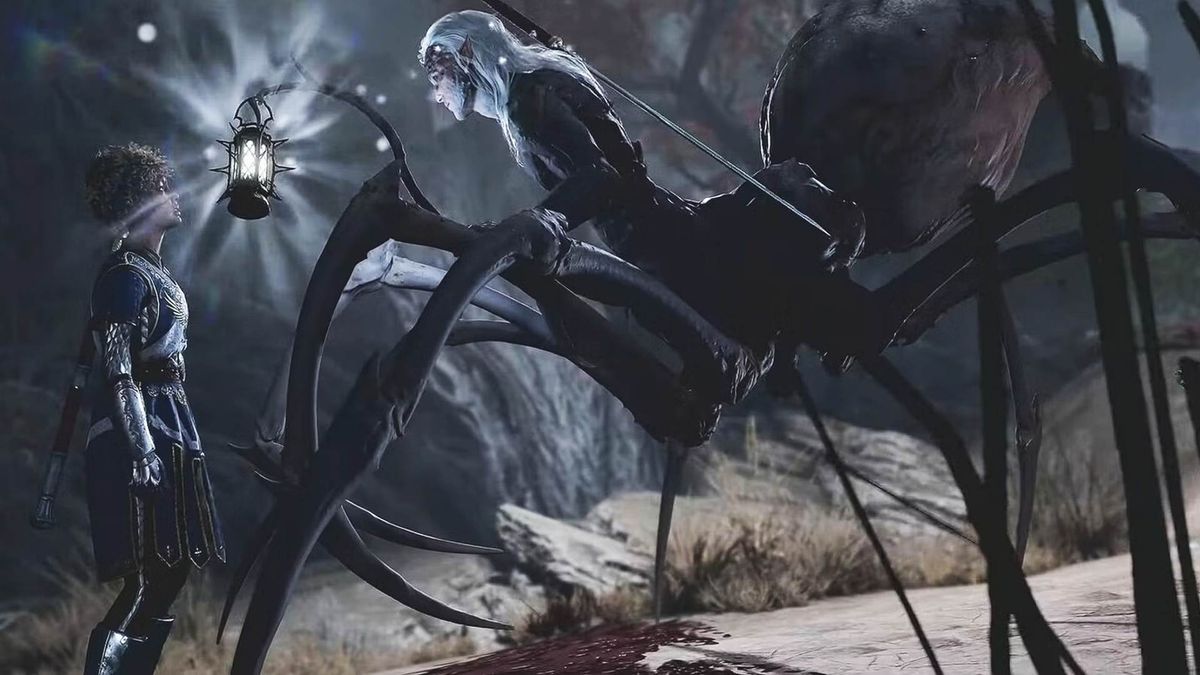Musicians are watching Epic Games’ acquisition of Bandcamp with a mixture of hope and concern.
In an era where music streaming services hold almost all the cards, Bandcamp has allowed musicians to earn bigger cuts from the sale of their music, while controlling the way their tracks and merch are presented and communicating simply with their most dedicated fans.
Speaking to GamesRadar+ over the day since the announcement, a number of musicians expressed hope that Epic’s ownership will mean extra reach and resources – but many were clearly worried that Bandcamp’s unique qualities could be eroded by new corporate interference.
Price Tag
“Epic is a forward-thinking company,” said Paul Kilduff-Taylor, who releases music as nervous_testpilot and runs the indie game publisher Mode 7. “My real hope here is that they can help independent musicians reach new audiences.
“It’s critical though that Bandcamp retains its identity. People use the platform as a way to retain control over their music collection in a way that streaming can never offer; they also use it to forge a more direct relationship with artists than is possible elsewhere. I can’t tell you the number of times people have ‘overpaid’ on Bandcamp to support my work or sent me amazing messages – that’s a very fragile and precious thing in cultural terms, and Epic have to ensure they protect it.”
The latter sentiment was echoed repeatedly by other musicians who use Bandcamp. With music fans increasingly aware that services like Spotify offer meagre remuneration for artists, Bandcamp has allowed them to go out of their way to pay for the music they love.

“Being a musician in most parts of the world is currently unsustainable with the abject dominance of streaming pricing models,” says the musician and music journalist Brandon George. “Bandcamp is one of the few places where musicians are able to make money for their labor.”
George suggests that a lot of musicians have expected Bandcamp to fade away, simply because what it offered felt too good to be true: a cut of roughly 80% for every sale, and the freedom to upload any track without relinquishing ownership.
“It’s currently one of the most important spaces for independent musicians to sell music and build a community while retaining most of the profits from sales,” says the freelance musician Aes, who make experimental electronic music with Axel Vei under the name nørdr. “It’s an invaluable tool to myself and any other musicians I know who use it. If them joining Epic Games changes any of that, I can’t say for certain that musicians will still want to use the platform.”
Feminist folk rocker Kate Nyx has relied on Bandcamp for a “huge chunk” of her album sales over the past 14 years, while “small and independent” British-Palestinian producer Matar, who made just $0.72 from 500 streams on Spotify last year, made $50 over the same period on Bandcamp.
“If a hundred people go onto Bandcamp and buy a record for ten bucks, we get like $850,” says metal and rap artist Obese Chess. By contrast, “one of my bands has a song that has like 1.5M streams on Spotify – I think we maybe made $1200 on that, total.”
The Times They Are A-Changin’
Beyond the favourable revenue share, Bandcamp has made it easy for artists to host physical merch on the site, and to create bundles that include both digital and physical items – which in turn makes it easy for fans to show extra financial support if so inclined. “If someone has already bought your music they can buy it again as a gift for someone else,” says chiptune artist Popskyy. “I haven’t seen that anywhere else.” The fact that payment from a sale typically comes through the following day is a boon for struggling artists too.
Musicians have come to appreciate the control Bandcamp grants them in the presentation of their music, and their communication with fans – an old-fashioned system that respects their autonomy and individual quirks. For some, an acquisition seems to threaten all that.

“To me Bandcamp felt like this bastion of the old internet,” says Obese Chess. “It was just a place you went to share music with people and there wasn’t really anything more complicated about it than that. It was a nice thing and it sucks that now it too has been subsumed into some multinational mega-conglomerate.”
That word – ‘bastion’ – crops up in Aes’s assessment too: “Bandcamp is sort of the last bastion for independent musicianship, and I worry that this could end very very poorly.” There’s a sense that, if Bandcamp changes, nothing like it will remain.
It’s important to note that Bandcamp has said that its “artists-first” revenue model won’t change, and the service itself won’t go anywhere. CEO Ethan Diamond believes Epic’s ownership will help Bandcamp “expand internationally”, as well as drive improvement of its album pages, apps, merch tools, payment system and discovery features.
Come Together
For its part, Epic has reiterated its public principles of fairness and openness. “Epic and Bandcamp share a mission of building the most artist friendly platform that enables creators to keep the majority of their hard-earned money,” it writes (opens in new tab). “Bandcamp will play an important role in Epic’s vision to build out a creator marketplace ecosystem for content, technology, games, art, music and more.”
Kilduff-Taylor sees an opportunity for Epic to bring Bandcamp to its other platforms in a way that benefits musicians. “I’d love to see music discovery working alongside games in a storefront context,” he says. “People are forever asking, ‘Where can I find more music like [insert game soundtrack here]?’. And over time an integrated store might be able to answer that question.”
Yet sudden exposure to Tim Sweeney’s metaverse-speak has evidently bewildered some musicians. “You expect us to believe that the Fortnite guys are champions for a fair and open internet?” asks Obese Chess. “What the fuck is a ‘creator marketplace ecosystem for content’?”
“I hope no old white dude who has no idea about the music industry becomes the chief product officer,” says ’94Broncos member David Pellum.
“I’m pessimistic about musicians still not getting fair compensation for our work,” Matar says. “Or even worse, being used and earning less with this new acquisition.”
Vancouver-based jazz musician Jamie Lee is worried by the fact that this is Epic’s first business expansion into the music industry: “I don’t trust that they have the right resources nor the knowledge to continue the vision Bandcamp had. My hope is they will try to understand how important Bandcamp is to all independent musicians – and that if this is gone we truly have nowhere to go.”
 Games News games, movies and TV you love.
Games News games, movies and TV you love.



